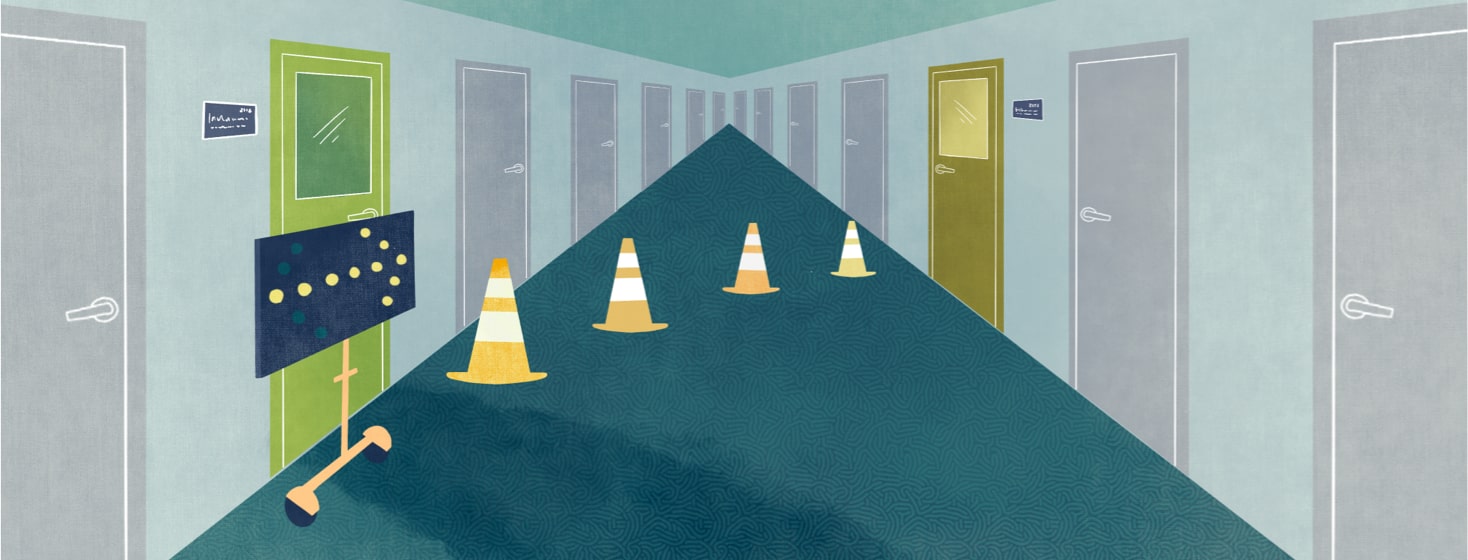Deciding Whether to Switch Doctors
Switching doctors can be stressful, so I’ve only done so when absolutely necessary.
But over a 30-year period, I’ve had four gastroenterologists, five if you count the doctor who treated me while getting a full-work up at the Mayo Clinic. This seems like a lot. However, it does not even include the various surgeons, radiologists, nutritionists, acupuncturists, and alternative doctors who worked with me.
When I've switched doctors
I was diagnosed in Palm Beach, Florida, and found my first gastroenterologist at a hospital in Long Island. He was an affable man who treated me skillfully until I went to college, at which time, sadly, he passed on.
My next doctor was in Los Angeles, where I lived for a year, another excellent practitioner who recommended a gastroenterologist to me in New York City, where I explained I was returning. This doctor treated me very well for over twenty years. Eventually, though, he became overwhelmed with research and other responsibilities.
As a result, when he was promoted to head of the department at another hospital farther from me, I switched once more. My new doctor, who came highly recommended by a friend, has worked out well too, offering me a lot of time and attention and getting back to me rapidly when I need assistance.
What makes for a good doctor?
So what makes a strong doctor and what are elements that might lead you to switch? Some key elements to look for are intelligence, medical skill, bedside manner, willingness to experiment, and speed at returning your calls.
For intelligence, you want a competent doctor who is able to think critically. As per medical skill, your gastroenterologist will likely conduct colonoscopies so you need an adept practitioner who can perform these procedures safely and take necessary biopsies, etc.
He also needs to be excellent at reading films and other tests and have the insight to develop a proactive treatment plan. As for bedside manner, it helps to have an understanding doctor, perhaps even one with a sense of humor.
Willingness to experiment is important with IBD, in particular, since these conditions often require outside-the-box thinking. Finally, you need a doctor who can get back to you rapidly in an emergency, so you can respond accordingly.
Finding the right doctor for you
Everyone has slightly different priorities when selecting a doctor. Also, no doctor is perfect. That said if your doctor is strong in more than a few of the above categories, then he or she is likely a good choice.
Finding the right doctor for you is largely a personal decision. In certain ways, it might be comparable to dating in that you need to find someone who is a good fit for you.
Seeking a second opinion
If not sure about a switch, my recommendation is to meet with the new doctor. Ask for a second opinion. Get a feel for how he interacts with you.
If it doesn’t seem right, you can always stick with your original doctor. If you prefer the new doctor, however, your records can easily be transferred, and it should not be too tough to start a new treatment plan.
Thanks for reading, and, as always, feel free to comment below.

Join the conversation